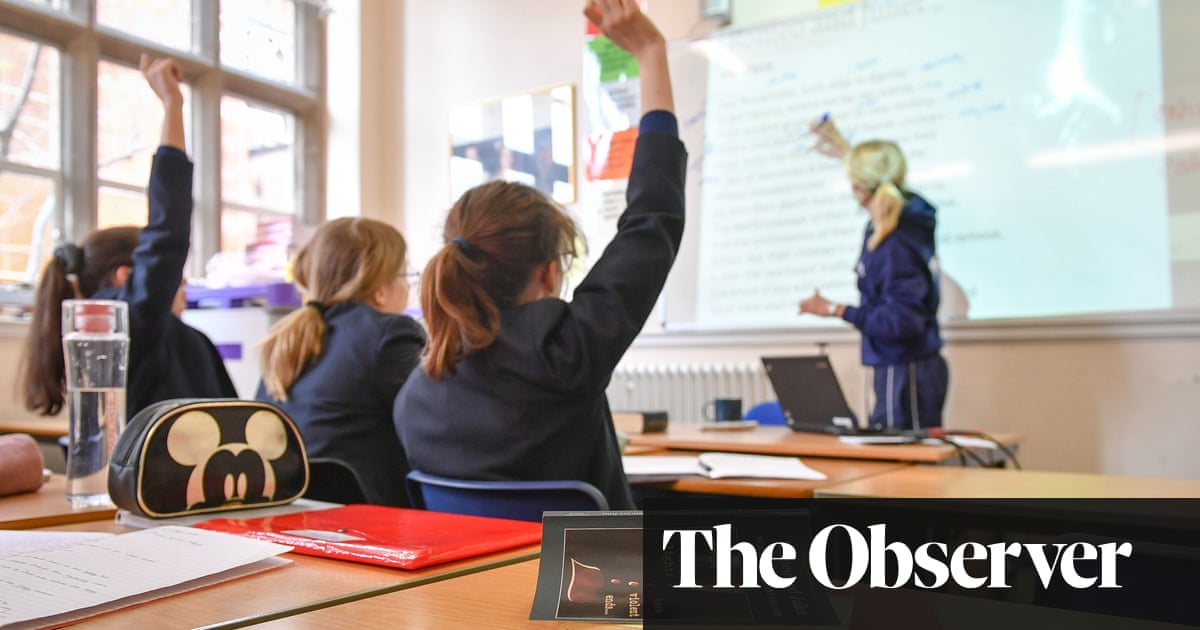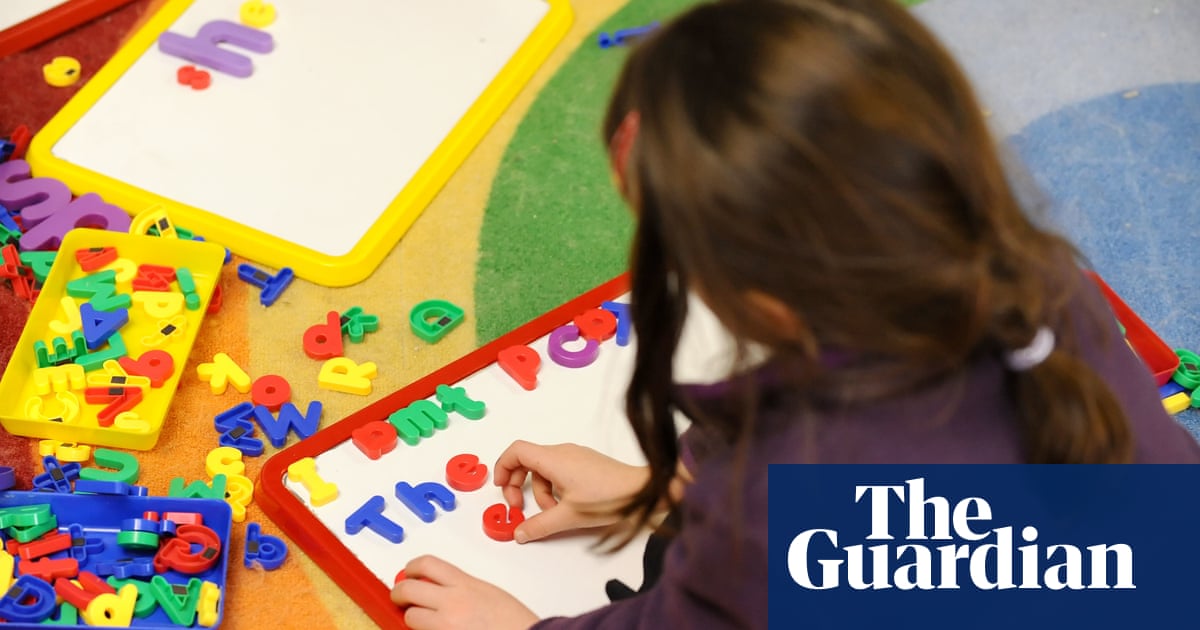
The UK’s decision to spend tens of millions of pounds funding private schools overseas has been called into question following a decision by the World Bank to halt its investment in the sector.
The bank’s private-sector arm, the International Finance Corporation, announced last week that it is to freeze direct investments in for-profit pre-primary, primary and secondary schools.
“This landmark decision by the IFC illustrates the emerging understanding that for-profit commercial schools may do more harm than good,” said Magdalena Sepúlveda, executive director at the Global Initiative for Economic, Social and Cultural Rights. “We have seen years of damaging impacts of commercialisation on the right to education.”
The Department for International Development (DfID) has given millions of pounds to low-fee private schools (LFPS) in countries around the world, including Nigeria, Kenya, Uganda, Ghana and Pakistan. It believes the money can help improve the educational prospects of children in places where public-sector schools are poor or lacking.
But the funding, some of it channelled through DfID’s private investment arm, CDC, has proved controversial. Among those that have received UK taxpayer cash are the private school chain Bridge International Academies (BIA) which has also been the recipient of money from Bill Gates and Mark Zuckerberg.
The chain has been applauded for raising education levels in several of the countries in which it operates. But respected organisations, including the United Nations, the African Commission on Human and Peoples’ Rights and the UK parliament’s International Development Committee have raised concerns about the quality of BIA’s educational programme, its relationship with governments, its compliance with government regulations, and relatively high cost of fees.
Campaigners claim that the IFC’s decision – which will be subject to an evaluation and could be overturned – calls into question the continued use of UK money to support private education in the global south. “DfID and CDC must now reflect on their continuing support for for-profit education despite significant evidence these projects exclude marginalised communities and have questionable impact,” said Daniel Willis, a policy and campaigns manager at Global Justice Now.
A spokeswoman for BIA said: “A decision to freeze investment at this critical time for education in the developing world is an unfortunate one when global leaders are campaigning to increase resources and investment.”
A spokeswoman for CDC said: “We are aware of the IFC’s recent announcement and are reviewing the matter.”
A DFID spokesperson said: “DFID sets CDC’s Investment Policy but is not involved in CDC’s investment decisions. The CDC are reviewing the IFC’s announcement and we are in contact with them on this.”












